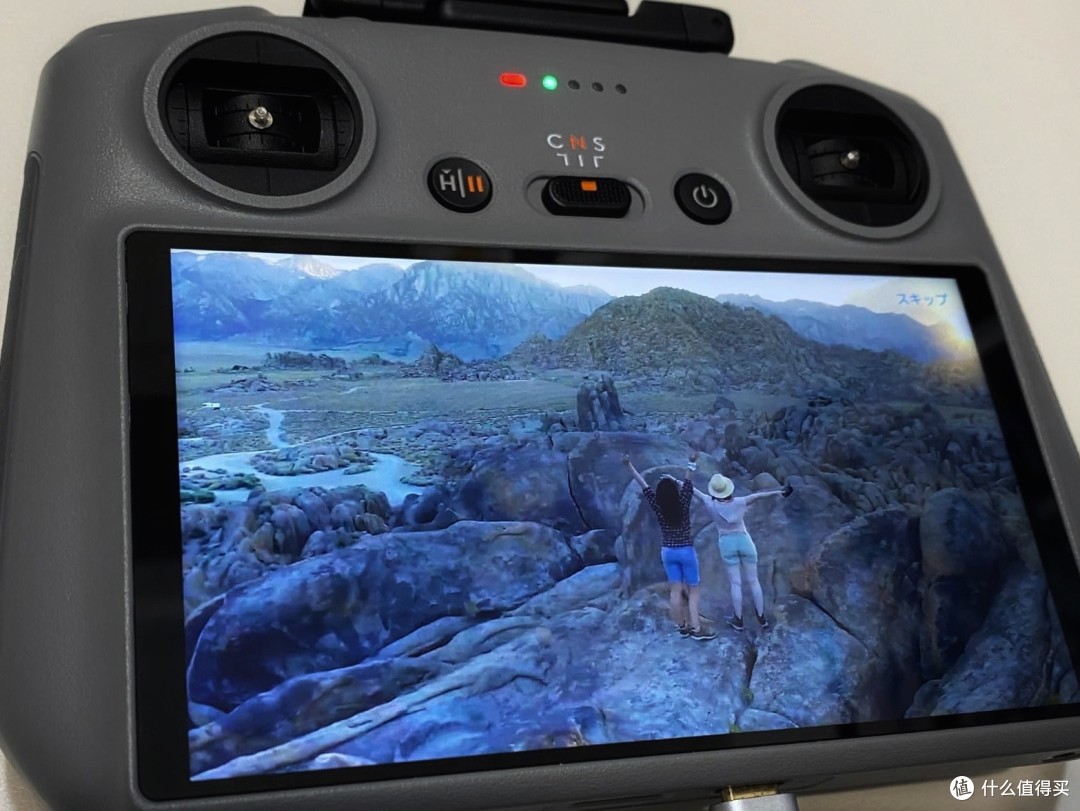The Influence and Moral Implications of Drone Warfare in Contemporary Battles
Drone warfare has become increasingly prevalent in today’s conflicts, shaping the battlefield dynamics and ethical considerations. Combat drones, unmanned aerial vehicles (UAVs), are primarily used for surveillance, reconnaissance, and targeted strikes. Their capacity to carry out precise operations without risking human pilots has made them a preferred tool in modern warfare. As drone technology advances, the impact on warfare strategies becomes ever more significant.
Strategic Benefits of Drone Warfare
Drones provide several tactical advantages, such as real-time intelligence gathering and the ability to conduct operations remotely. The use of drones minimizes risk to military personnel, allowing for strategic maneuvers that were previously unavailable. With their advanced sensors and cameras, drones can gather detailed information, offering a significant edge over traditional reconnaissance methods.
Moreover, drones enhance precision in targeting, reducing collateral damage and civilian casualties. This precision is crucial for adhering to international warfare laws, aiming to safeguard non-combatants while achieving mission objectives.
Ethical Challenges and Controversies
Despite their strategic benefits, drone warfare raises substantial ethical concerns. Questions regarding accountability and the psychological impact on operators are increasingly debated. Those at the helm of drone operations often experience a disconnect, as they are physically distant from the battlefield. This separation can potentially desensitize operators from the gravity of their actions.
Another ethical dilemma is the risk of civilian casualties. While drones aim for precision, there have been instances where erroneous information led to unintended harm. The transparency of military operations involving drones often remains limited, raising concerns over accountability and oversight.
Impact on Global Politics and Warfare
The proliferation of drone warfare is reshaping international relations and the approach to global conflicts. The accessibility of drones to more nations complicates political dynamics, as they can be used as retaliatory tools or for surveillance, altering traditional military strategies.
Countries are increasingly investing in drone technologies, leading to an arms race in this domain. This urgency to acquire and improve drone capabilities reflects a shift towards modernized and efficient warfare paradigms.
Future Prospects and Developments
The future of drone warfare is closely tied to technological advancements. AI and machine learning are expected to play critical roles in enhancing drone functionality, allowing for greater autonomy and intelligence. These improvements could potentially lead to fully autonomous drones capable of making decisions without human intervention.
The ethical implications of such advancements are profound, posing questions about the future of warfare and the need for regulatory frameworks to prevent misuse. As technology continues to evolve, ongoing discussions about the ethics of drone use must remain a priority.
Frequently Asked Questions (FAQs)
Q: How do drones minimize civilian casualties?
A: Drones are equipped with precision targeting technologies, allowing for more accurate strikes and minimizing collateral damage compared to traditional warfare methods.
Q: What are the psychological effects on drone operators?
A: Operators may experience emotional detachment due to their physical separation from the battlefield, leading to moral and ethical dilemmas.
Q: Are there international regulations on drone warfare?
A: While there are some guidelines, comprehensive global regulations are still being developed to address accountability and ethical concerns.